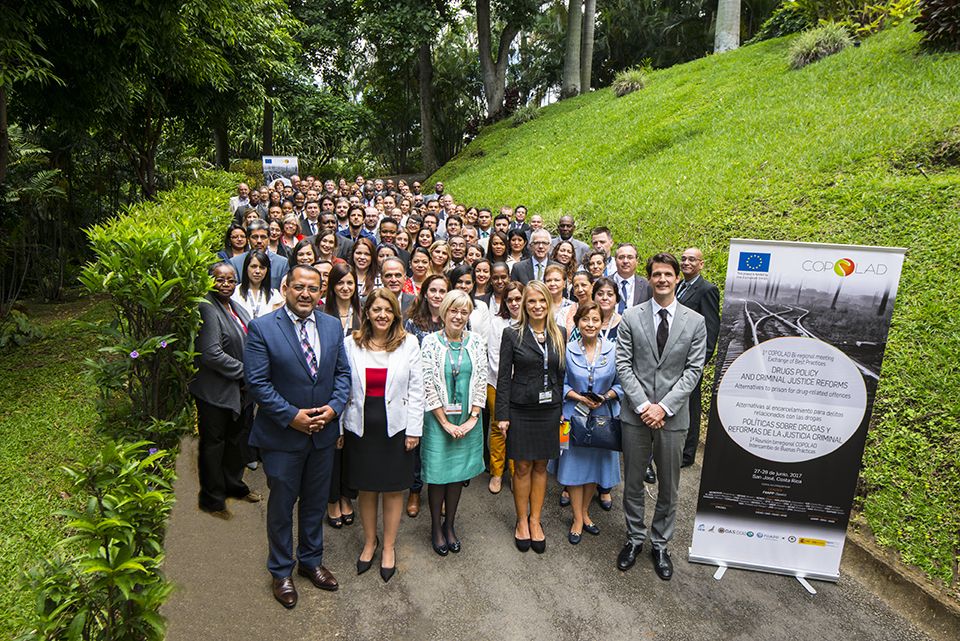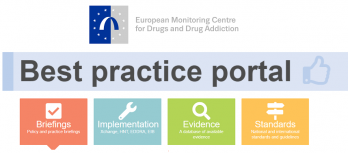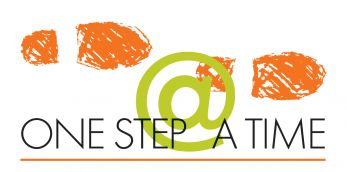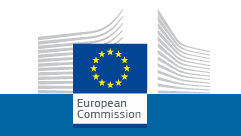Costa Rica hosts 1st Bi-regional Meeting for the exchange of best practices on alternatives to prison for drug-related offences
ReturnPublished on 21/06/17

In the framework of the COPOLAD Programme, the Costa Rican authorities from the Instituto Costarricense sobre Drogas (ICD) and the Judiciary, together with the International and Ibero-American Foundation for Administration and Public Policies (FIIAPP) and the Executive Secretary of Inter-American Drug Abuse Control Commission (CICAD/OAS), hold the 1st Bi-regional Meeting for the exchange of best practices. “Drugs Policy and Criminal Justice Reforms: Alternatives to prison for drug-related offences” in San Jose, Costa Rica, from June 27th to 29th.
The second phase of the Cooperation Programme between Latin America, the Caribbean and the European Union on Drugs Policies (COPOLAD II), financed by the European Commission, has among its priority objectives to carry out bi-regional exchanges of best practices that enrich the institutional relations between the participating countries and contribute to a greater dialogue and harmonization of drugs policies between the countries of the European Union (EU), Latin America and the Caribbean (CELAC).
Under this general objective, the 1st Bi-regional Meeting for the exchange of best practices aims to:
-
Review the available evidence in the area of criminal reforms related to drug offences,
-
Facilitate the exchange of information,
-
Identify encouraging experiences and to share lessons learned in both regions (EU and CELAC).
120 representatives from 40 countries (9 from the European Union, 17 from Latin-America and 14 from the Caribbean), one European Agency (EMCDDA), two multilateral agencies (CICAD-OAS and UNODC) and three bi-regional networks (AIAMP, IDPC and RIOD) will contribute to defining the main progress achieved and the challenges that remain to be faced in the short and medium term.
During the three-day meeting, participants will share common trends in the drug-related criminal laws for both regions, EU and CELAC, and some existing and possible alternative options to imprisonment, before and during the criminal proceedings and for the prison population as well. They will debate about the need to adapt the criminal justice to specific groups such as women, adolescents and people with mental health issues. They will uncover the key elements and challenges of strategies and implementation mechanisms for alternatives to imprisonment and their applicability in the context of Latin America and the Caribbean.
Every day there will be a specific time for the organised working groups to debate and answer to different questions related to the topics discussed during the panels.
Search or post #COPOLADjust in Twitter for further information.
Gallery
The European Commission is preparing a third phase of this programme, therefore COPOLAD will be back at the beginning of 2021.









